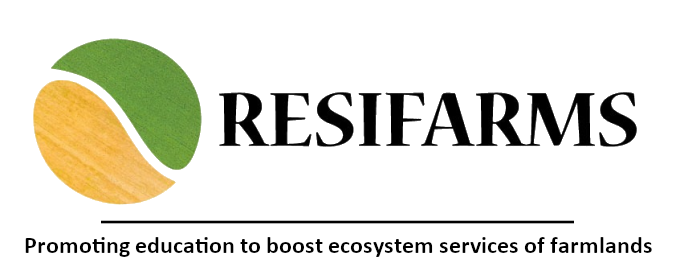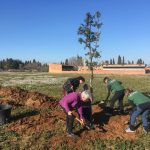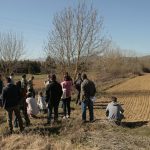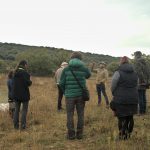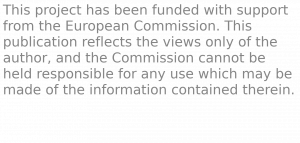Farmland represents 40% of European Union land and farming practices strongly influence biodiversity conservation. If done carefully, agriculture can sustain high levels of biodiversity and be highly productive for a long time, if done too aggressively, agriculture can pollute the environment and erode the land. Although great efforts have been put in optimizing the application of fertilizers and reducing the use of dangerous pesticides, there is still a way to go in preserving and improving non-productive agricultural lands, such as field margins, forests or ponds.
Information about the benefits of conserving non-productive agricultural lands for farming and its productivity, and the great importance of conserving these areas for nature, health and society is vaguely known by farmers and agriculture technicians, but they often lack the know-how and the tools to implement such conservation actions.
In this context, the project Resifarms aims at building the capacity of farmers and agricultural technicians in the conservation of non-productive agricultural lands, in order to promote the implementation of the most direct and effective conservation actions.
Duration: September 2019 – February 2022 (30 months)
Budget: 133,702 €

This project has been funded with support from the European Commission. This publication reflects the views only of the author, and the Commission cannot be held responsible for any use which may be made of the information contained therein.
